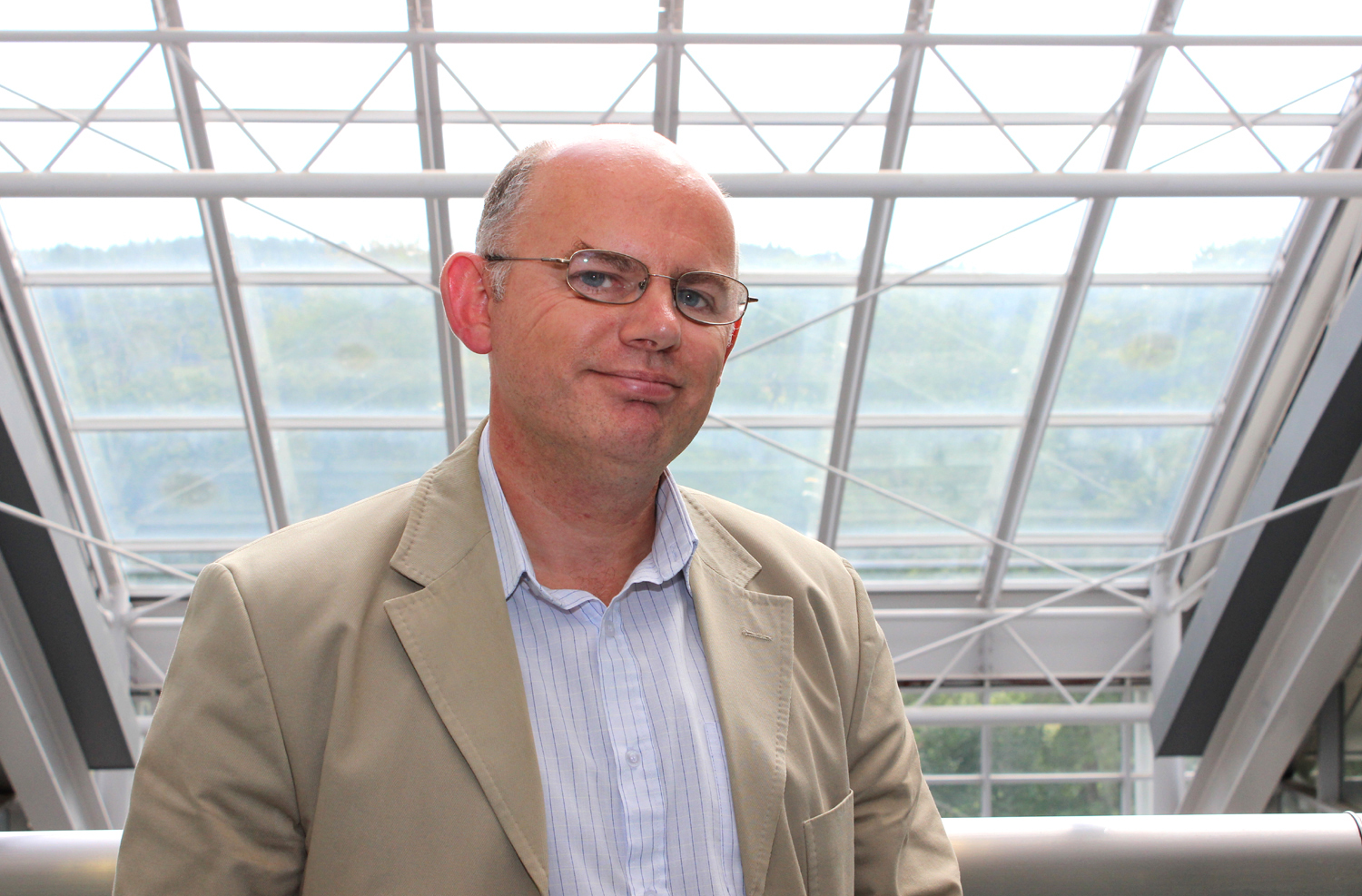Three experts from the north and north-east were asked to respond to a US doctor who claims that many of us, as we age, suffer from brain fog – a condition which leaves our minds confused, cluttered and, needless to say, a bit foggy
——————————————————————————-
They say it happens to the best of us. Forgetting where we put our keys, or to reply to that very important e-mail. Some of us muddle up relatives’ names while others go blank for no apparent reason.
Until now, it’s mostly been coined as being a bit dottled, but a so-called new epidemic could help explain the majority of our senior moments – brain fog.
US psychotherapist and author Dr Mike Dow has hit the headlines with his tips and tricks on how to slow down cognitive decline.
He describes brain fog as being in a bit of a slump and a bit detached from life. But something as simple as a glass of champagne could go a long way to demystifying the fuzz of our brain.
He said: “The way we eat, sleep, work, and live is flooding, starving, clogging, and disrupting our brains by destabilising the levels of three crucial brain chemicals: serotonin, dopamine, and cortisol.
“We experience these biological problems as brain fog, scatterbrain, memory loss, fatigue, anxiety, and the blues.
“Over time, these problems can become chronic and more severe, if nothing is done to address them, and short-term solutions – reaching for the caffeine or sugar, for example – can end up being part of the problem too.”
But closer to home, brain fog has spilt opinion amongst academics.
It’s been around for a long time
Professor Claude Wischik, chairman of mental health at Aberdeen University, has researched mental health illnesses, including dementia, for more than three decades, and if he appeared on mastermind this would be his specialist subject. So it’s no surprise that he’s heard of this mysterious brain fog.
He said: “It’s been around for a long time and in the north-east we refer to people as dottled and many will say that about themselves.
“Until now it’s been put down to getting old and becoming senile, but this is not – it’s a very definite brain process.
“It’s not widely researched as yet, and what would be ideal is a blood test that indicates whether or not we have it.
“From our point of view, ultimately what you need is a treatment to stop it. That’s what we’re working on.”
However, while Dr Dow believes the way we live our lives can trigger the slowing down of our brain, the Aberdeen-based professor thinks otherwise.
One of his studies compared the age of Brits who mentally declined to a certain point against a group of Chinese people.
“Although the two samples had different diets, lifestyles and genetics, the age they started to decline was identical – it’s not about lifestyle,” he said.
The chairman of TauRx Therapeutics and WisTa Laboratories describes brain fog as the early stages of mental impairment.
“The condition occurs when the tau protein found in brain cells becomes aggregated and ultimately forms neurofibrillary tangles which destroy nerve cells.
“This process occurs across six stages, the first three being associated with pre-dementia.
“Each stage takes roughly 10-15 years to slowly progress.”
The expert’s research suggests that about 50% of those aged 45 and over have some degree of tau aggregation and that half of these are at stage one, 10% at stage two, 10% at stage three and 5% at stage four, five or six.
The peak age for stage one is the mid-early 50s, but can hit someone who is in their 30s. The peak age for stage two is 65, stage three is between 65 and 80 while stage four and beyond is more likely to affect those in their 80s.
“Generally speaking, those who suffer will be aware that they aren’t quite as sharp as they used to be.
“Looking at stage two of the condition as an example, people may become more forgetful, muddle up names and places, and even wake up not remembering a thing.”
Brain fog means different things to different people
When Dr Steve Smith, a lecturer in mental health at Robert Gordon University, was asked what brain fog was, he said it didn’t exist.
“It’s not a medical term,” he said.
“It’s more of a folk term similar to when people claim they have brain freeze after eating too much ice cream.”
One of the main problems is the phrase means different things to different people.
While some describe it as the feeling we have after drinking too much the night before, others believe it can be an early sign of Alzheimer’s.
“I read somewhere that brain fog can be an early sign of Alzheimer’s – that’s utter nonsense which will frighten people,” he said.
“When we talk about our thought process slowing down as we get older, it’s entirely natural, just like we are not as physically able as we were when we were younger.”
As for Dr Dow’s prescription of a glass of bubbly a day, Dr Smith agrees that a glass of alcohol, such as red wine, is good for you, but he reminds us that the same can be said for a banana.
He added: “I would say nothing can help brain fog.”
As we age, our body starts to slow down.
Wendy Maltinsky, programme leader for BSc psychology at the University of the Highlands and Islands, agrees that Dr Dow’s suggestions can help us all be healthier and lessen our risk of cognitive decline.
She said: “But brain fog as such – well, I don’t know of such a thing.
“As we age, every part of our body begins to be a bit slower at responding and functions at a bit of a slower speed.”



